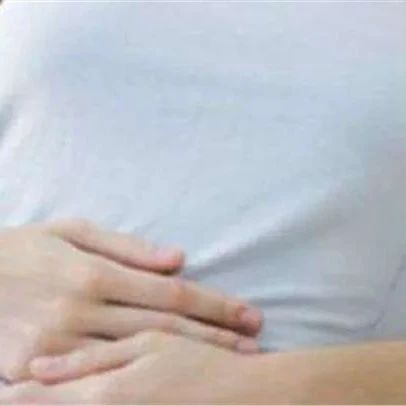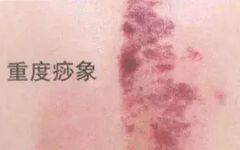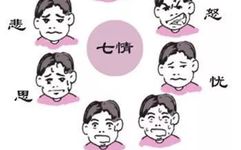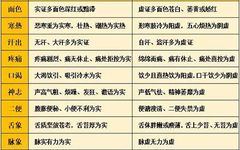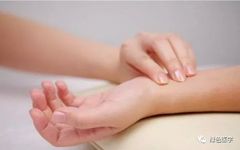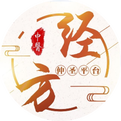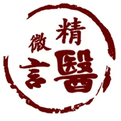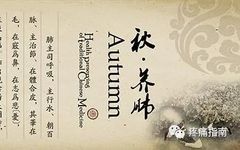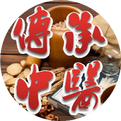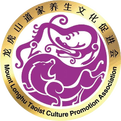The Magical Uses of Moxibustion
Modern individuals often experience increased stress from various sources such as society and family, compounded by pollution affecting both body and mind. This can lead to symptoms like depression, irritability, memory decline, lack of concentration, insomnia, vivid dreams, halitosis, and fatigue. Men may experience erectile dysfunction, premature ejaculation, and prostatitis, while women may face issues … Read more

